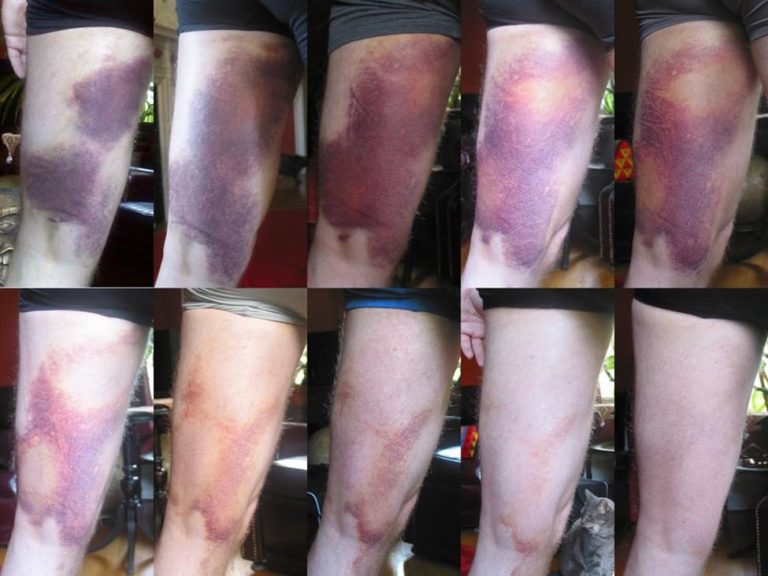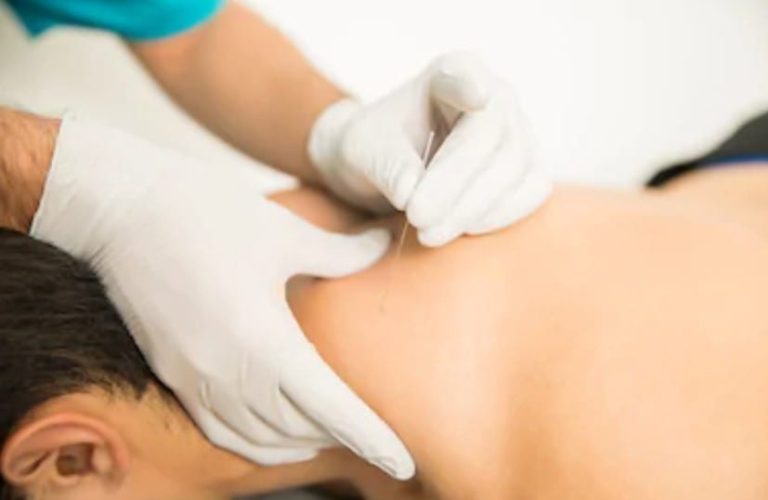Femoroacetabular Impingement (FAI) and How Joint Mobilisation Can Help
Do you feel sharp pain in your hip when you move or sit for too long? Do activities like squatting, running, or even getting out of the car become uncomfortable in your groin? You might be dealing with something called Femoroacetabular Impingement (FAI).
At Massage Dot Melbourne, I see many clients who suffer from hip pain without really understanding why. That’s why I wanted to take some time to break down what FAI is, how it affects you, and how joint mobilisation can be a powerful tool to manage this condition and get you moving comfortably again.
What is Femoroacetabular Impingement (FAI)?
FAI is a condition that happens when your hip joint doesn’t move as smoothly as it should. Your hip is a ball-and-socket joint, where the top of your thigh bone (the “ball”) fits into a socket in your pelvis. Ideally, this should allow for smooth, pain-free movement. However, in FAI, either the ball, the socket, or both don’t fit together perfectly, leading to painful contact in the joint.
There are three main types of FAI:
- Cam-type: When the ball of the joint isn’t perfectly round, causing friction.
- Pincer-type: When the socket is too deep, trapping the ball.
- Mixed-type: A combination of both cam and pincer types.
These irregularities can cause pain, reduce your range of motion, and lead to further joint problems down the line if left untreated.
How Do I Know If I Have FAI?
Common symptoms of FAI include:
- Sharp pain or aching in your hip or groin during certain movements.
- Difficulty sitting for long periods or discomfort during deep squats or lunges.
- A reduced range of motion, where everyday movements feel stiffer or more limited.
If these symptoms sound familiar, it’s essential to get assessed by a professional. FAI is commonly diagnosed with physical tests like the FADIR test (Flexion, Adduction, Internal Rotation) and confirmed through imaging like X-rays or MRIs.
How Joint Mobilisation Can Help Manage FAI
Once diagnosed, there are both surgical and non-surgical options to treat FAI. At Massage Dot Melbourne, I focus on the non-surgical approach—particularly using joint mobilisation as part of a broader treatment plan.
What is Joint Mobilisation?
Joint mobilisation is a hands-on technique where we gently move your joint in a specific way to improve its movement, reduce pain, and help the joint work properly again. It’s especially useful in FAI because it helps improve flexibility in the hip, reduce impingement, and increase range of motion.
For example:
- In Cam-type FAI, the focus is on increasing hip flexion and external rotation—movements that can become painful or restricted when the femoral head (the “ball”) isn’t moving properly.
- In Pincer-type FAI, we aim to improve hip abduction and internal rotation, helping to open up the joint space and reduce stress on the surrounding tissue.
What to Expect from Treatment
At Massage Melbourne, treatment isn’t just about pain relief—it’s about restoring long-term function. When we combine joint mobilisation with strengthening exercises for the surrounding muscles (like your glutes), we can address the root cause of the problem, not just the symptoms.
Here’s a general idea of what you might expect:
- Early intervention: If we catch FAI early, joint mobilisation can help keep the hip moving smoothly and reduce the risk of long-term damage.
- Tailored treatment: Every client’s body and condition are unique, so your treatment plan is always personalised to your specific needs.
- Education and self-care: You’ll learn stretches and exercises to maintain your results between sessions, helping you prevent future flare-ups.
Looking at the Bigger Picture
Joint mobilisation alone isn’t a magic fix, but when integrated into a comprehensive treatment plan, it becomes a powerful tool. Whether you’re an athlete trying to get back in the game or someone just looking to move pain-free in everyday life, addressing FAI early can significantly improve your quality of life.
Feeling Hip Pain? Let’s Talk!
At Massage Dot Melbourne, I’m here to help you get back to moving comfortably and confidently. If you’re experiencing hip pain or think you might have FAI, reach out to book a consultation. Together, we’ll create a personalised treatment plan that works for you.
Ready to get started? Click here to book your appointment today!




